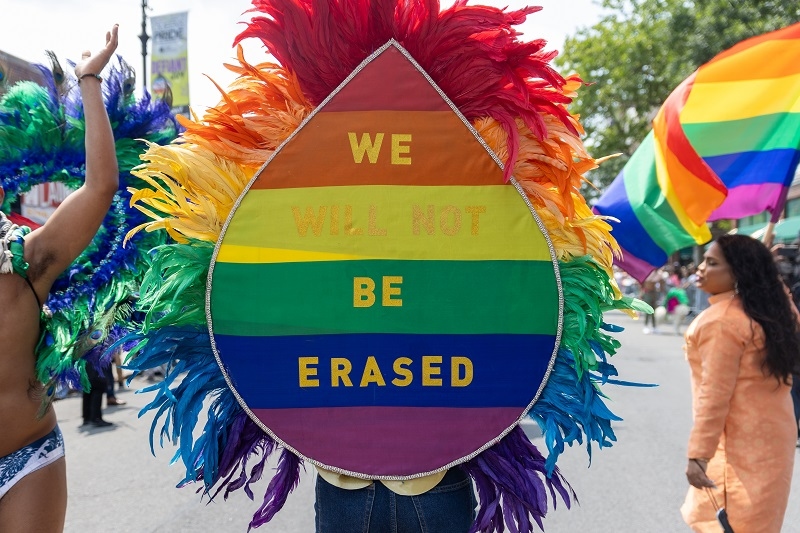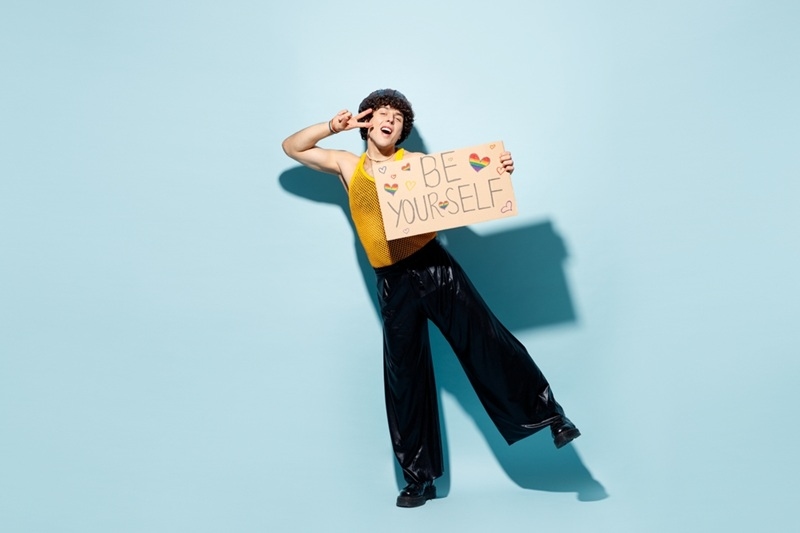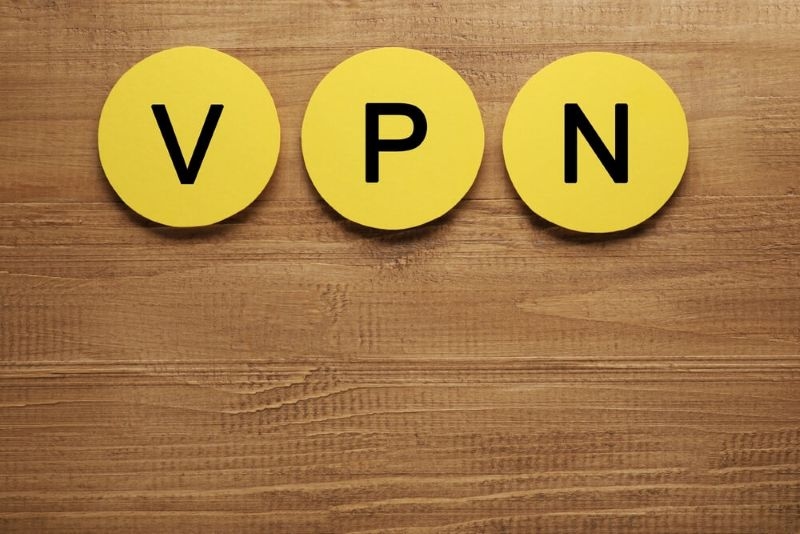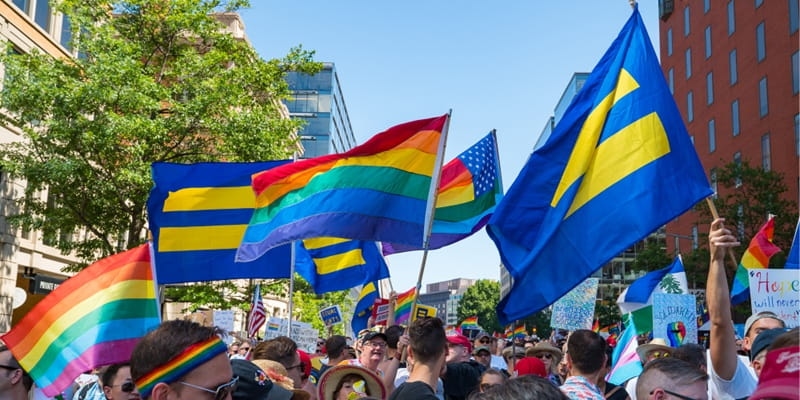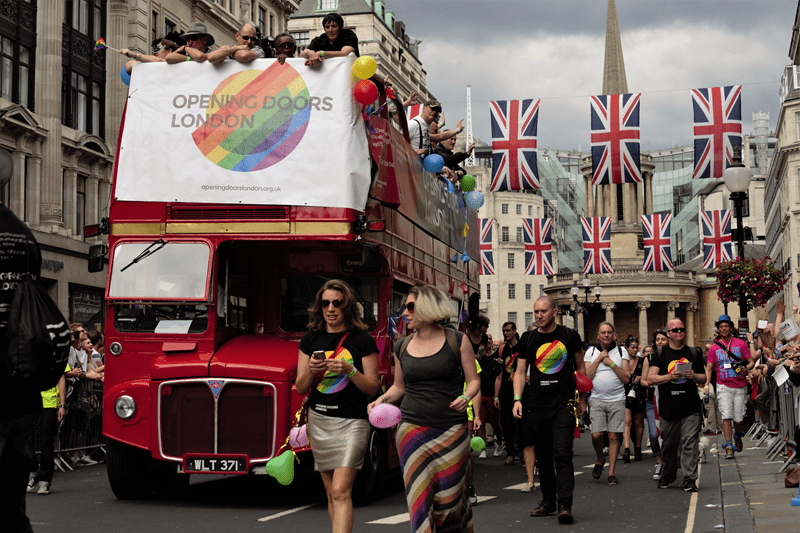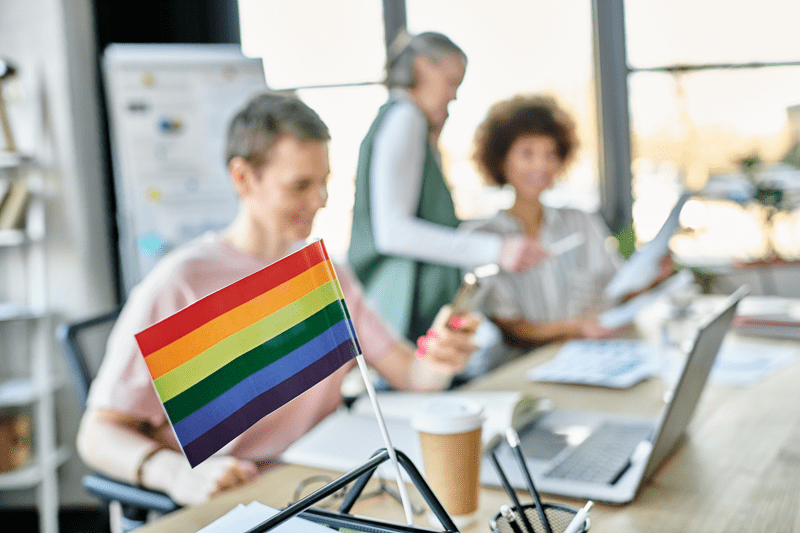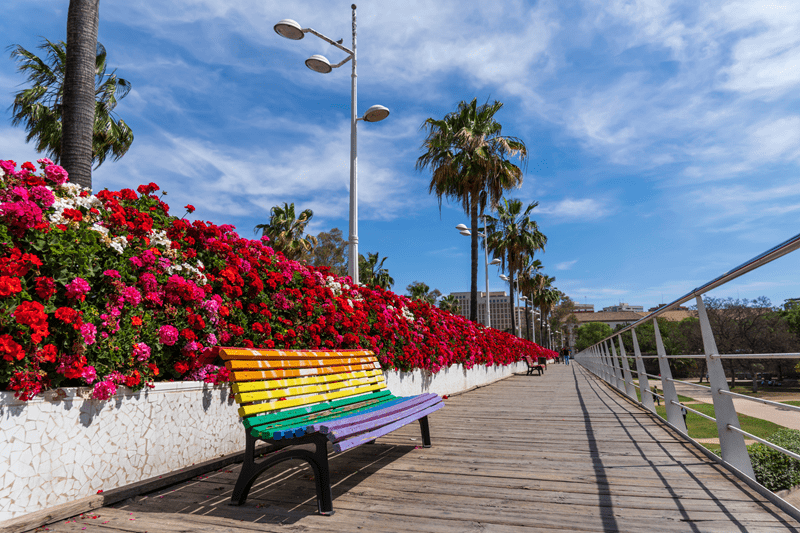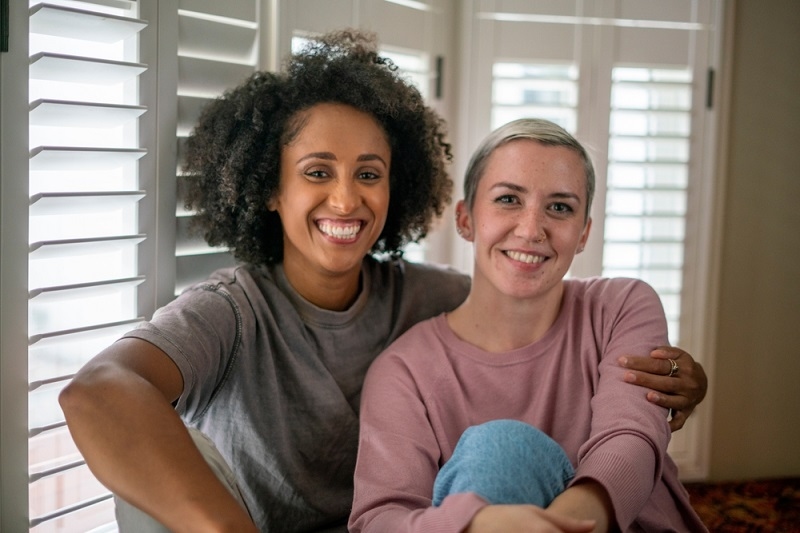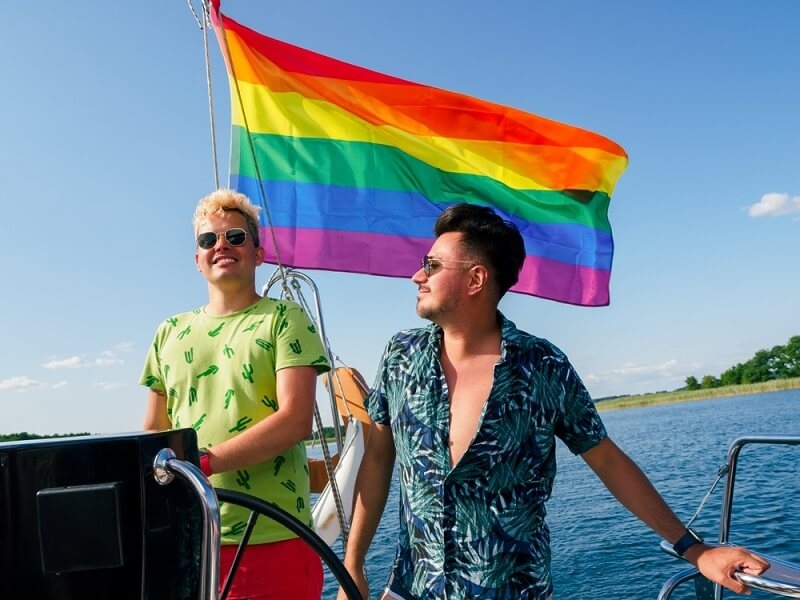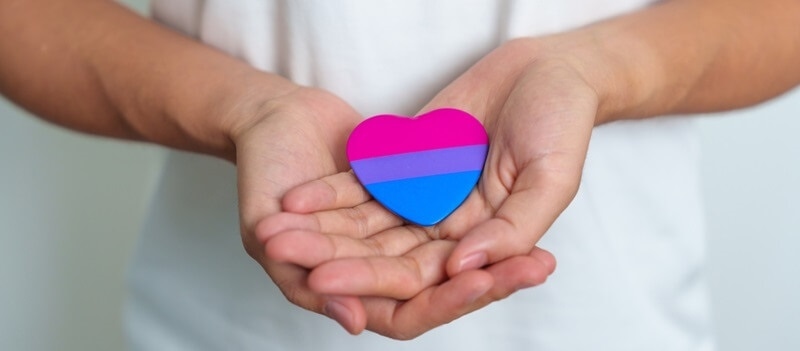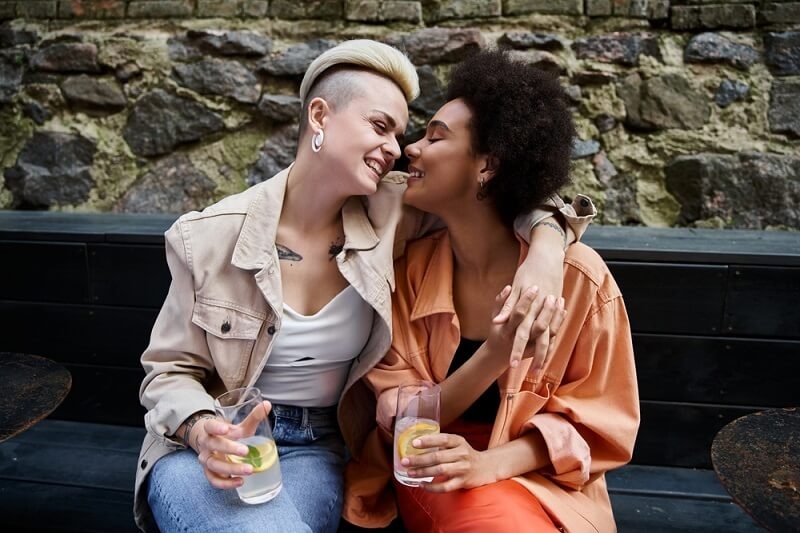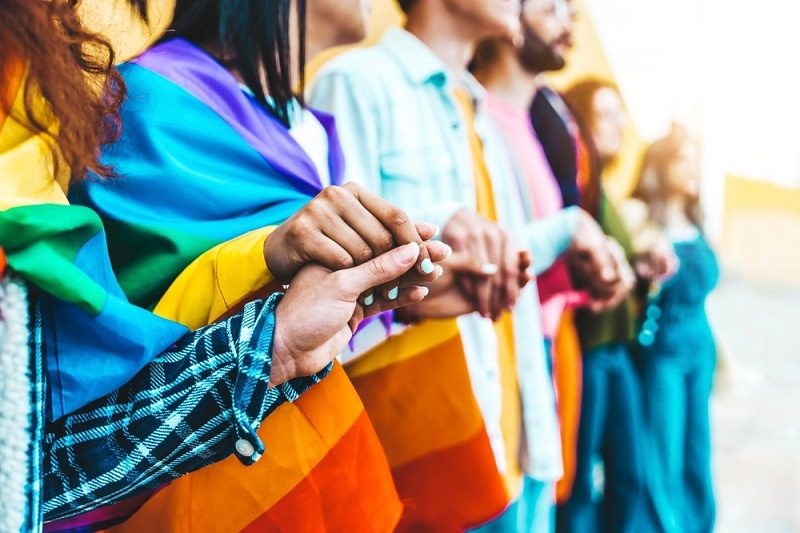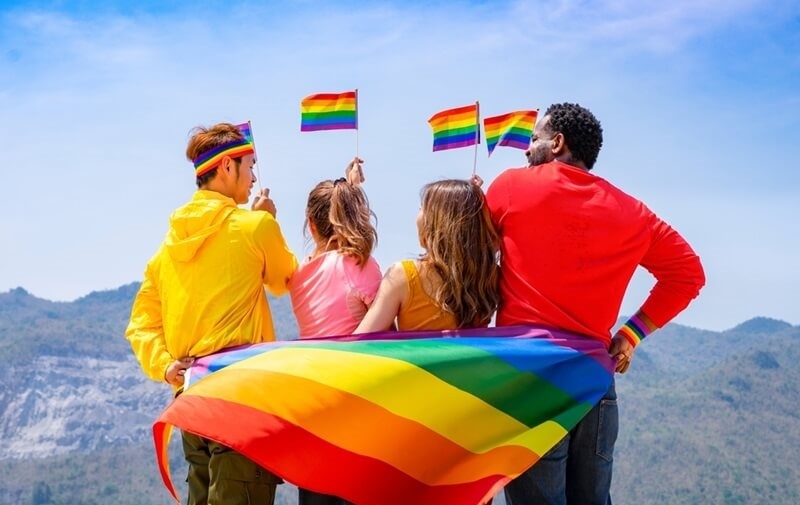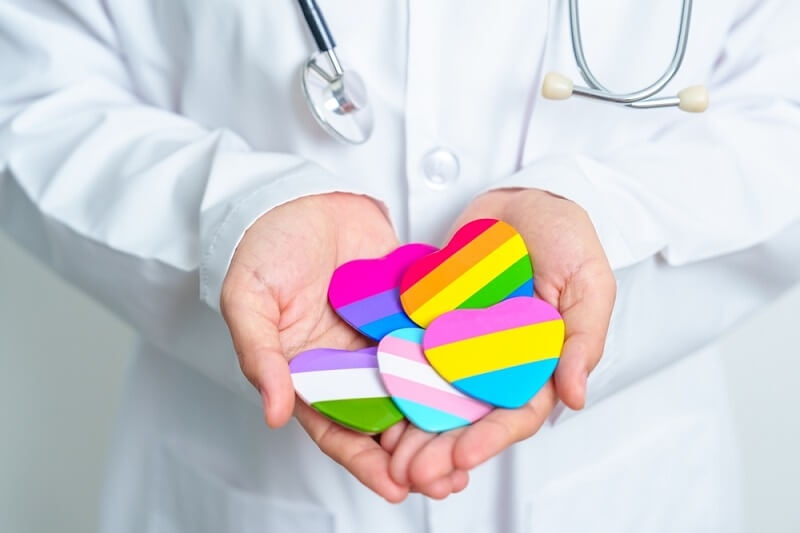Building Strong LGBT Friendships: A Comprehensive Guide

Building and maintaining friendships is essential for everyone, but it holds special significance within the LGBT community. Inclusivity and understanding are the cornerstones of strong, supportive relationships.
For LGBT individuals, having friends who share similar experiences and understand the unique challenges faced by the community can provide vital emotional support and foster a sense of belonging. Connecting with LGBT friends not only helps in navigating life's ups and downs but also strengthens the broader community by fostering mutual respect and solidarity. Let us learn more.
Common Challenges in Making LGBT Friends
Making friends can be challenging for anyone, but LGBT individuals often face additional hurdles. Social anxiety and internalized homophobia can create barriers to forming new relationships. Many LGBT individuals may also experience societal prejudice and discrimination, which can make social interactions more daunting.
These challenges can lead to feelings of isolation and loneliness. Overcoming these obstacles is crucial for building meaningful and supportive relationships. It requires a conscious effort to engage in social activities and seek out inclusive environments where one can feel safe and accepted.
Finding LGBT Friends

Attending LGBTQ+ Events and Meetups
One of the most effective ways to find LGBT friends is by attending local LGBTQ+ events and meetups. These gatherings provide a welcoming space where individuals can connect with like-minded people. Events such as pride parades, film festivals, and local interest group meetings offer opportunities to meet new friends in a supportive and celebratory environment. Participating in these events helps break down social barriers and promotes a sense of community, making it easier to build lasting friendships.
Utilizing Online Communities and Friendship Apps
In today's digital age, it is easier than ever to meet gay friends online. Social media platforms, dating apps, and dedicated friendship sites offer numerous opportunities to connect with others. Apps specifically designed for the LGBT community can help individuals find gay friends online who share their interests and values.
These platforms often feature groups, forums, and events that facilitate social interactions and help build connections. By engaging with online communities, LGBT individuals can expand their social network and find supportive friendships, regardless of geographical limitations.
Volunteering for LGBTQ+ Organizations
Volunteering for LGBTQ+ organizations is another excellent way to find LGBT friends. These organizations often host events and activities that bring people together for a common cause. Volunteering not only provides a sense of purpose and fulfillment but also creates opportunities to meet new friends who are passionate about supporting the community. By participating in volunteer work, individuals can build meaningful connections while making a positive impact.
Building and Maintaining Friendships
Initiating Contact and Keeping the Conversation Going
To build strong friendships, it is essential to be proactive in initiating contact and maintaining communication. Being the first to reach out shows interest and willingness to develop the relationship. Keeping the conversation going through regular check-ins and shared activities helps strengthen the bond and fosters a deeper connection.
Organizing Virtual or In-Person Get-Togethers
Planning get-togethers, whether virtual or in-person, is crucial for maintaining friendships. These gatherings provide opportunities to create shared experiences and memories. Activities such as virtual game nights, coffee meetups, or attending events together can help keep the friendship vibrant and engaging.
Discovering Mutual Hobbies and Interests
Finding common interests is key to deepening connections. Engaging in activities that both friends enjoy can create a stronger bond and provide more opportunities for quality time together. Whether it's a shared love for sports, art, music, or any other hobby, discovering mutual interests can enhance the friendship and make it more fulfilling. This approach not only strengthens friendships but also fosters a supportive environment, especially important for LGBTQ+ Youth seeking connections.
Fostering Inclusivity and Support

Open Communication: Building Trust and Understanding
One of the foundational elements of strong LGBT friendships is open communication. Encouraging honest and open dialogue helps build trust and understanding between friends. By creating an environment where everyone feels safe to express their thoughts and feelings without fear of judgment, friendships can deepen and become more meaningful. Effective communication allows friends to share their experiences, offer support, and resolve conflicts constructively, fostering a stronger bond.
Embrace Diversity: Celebrating Unique Identities
Embracing diversity within the LGBT community is crucial for fostering inclusivity. The LGBT community is incredibly diverse, encompassing a wide range of identities and experiences. By accepting and celebrating these differences, we can create a more supportive and inclusive environment. Valuing diverse perspectives and backgrounds enriches friendships and promotes a sense of belonging. Recognizing and respecting each friend's unique journey helps build a community where everyone feels valued and understood.
Provide Emotional Support: Being There in Tough Times
Providing emotional support is a key aspect of maintaining strong LGBT friendships. Being there for friends during challenging times shows that you care and are invested in their well-being. Offering a supportive and non-judgmental space allows friends to share their struggles and feel heard.
Whether it's through active listening, offering advice, or simply being present, providing emotional support helps strengthen the bonds of friendship and fosters a deeper connection. Additionally, understanding and advocating for LGBTQ+ Student Rights can further show your commitment to supporting your friends in all aspects of their lives.
Practical Tips for Making LGBT Friends
Step Out of Your Comfort Zone: Explore New Social Activities
To find LGBT friends, it's important to step out of your comfort zone and engage in new social activities. Attending LGBTQ+ events, participating in community groups, and trying out new hobbies can open up opportunities to meet like-minded individuals. Pushing yourself to explore different social settings helps expand your social network and increases the chances of forming new friendships.
Be Genuine and Approachable: Attract Authentic Friendships
Being genuine and approachable is essential for attracting authentic friendships. People are naturally drawn to those who are sincere and friendly. By being yourself and showing genuine interest in others, you create an inviting atmosphere that encourages potential friends to approach you. Authenticity fosters trust and helps build strong, lasting relationships.
Utilize Therapy and Counseling: Overcome Social Anxiety
For individuals who struggle with social anxiety, seeking professional help through therapy and counseling can be incredibly beneficial. Therapy can provide tools and strategies to manage anxiety and build confidence in social interactions. Overcoming social anxiety is a significant step towards being able to find gay friends online and in-person, and forming meaningful connections.
You may also like: Top Scholarships for LGBTQ Students: Financial Aid Guide
Conclusion
Fostering inclusivity and support in LGBT friendships involves open communication, embracing diversity, and providing emotional support. By stepping out of your comfort zone, being genuine and approachable, and utilizing therapy if needed, you can take proactive steps to find LGBT friends and build strong, supportive relationships. These friendships offer mutual support, understanding, and a sense of community that is invaluable.
Frequently Asked Questions (FAQs)
What are some effective ways to meet LGBT friends?
Attending LGBTQ+ events, using online platforms, and volunteering are great ways to meet new friends within the community. These activities provide opportunities to connect with like-minded individuals in a supportive environment.
How can I maintain my new LGBT friendships?
Staying in touch, planning regular hangouts, and being supportive are key to maintaining friendships. Consistent communication and shared activities help keep the connection strong.
What should I do if I feel anxious about making new friends?
Managing social anxiety can be challenging, but seeking therapy and practicing social skills can help. Professional guidance can provide tools to build confidence and ease anxiety.
How can I be a better ally to my LGBT friends?
Show support by being understanding, inclusive, and advocating for LGBT rights. Being a good listener and standing up against discrimination are also important ways to be an ally.
Why is it important to have LGBT friendships?
LGBT friendships offer mutual support, understanding, and a sense of community. These relationships help navigate shared experiences and provide emotional and social benefits.

